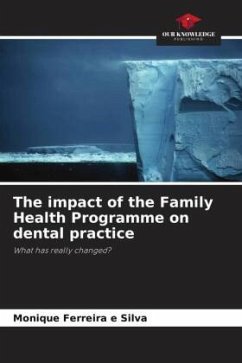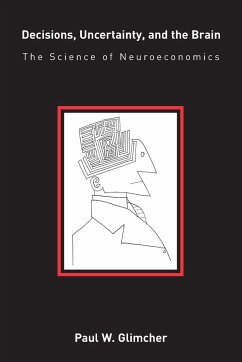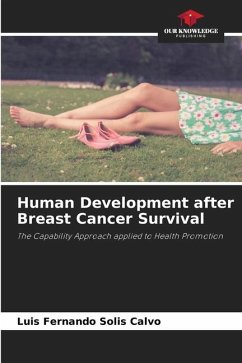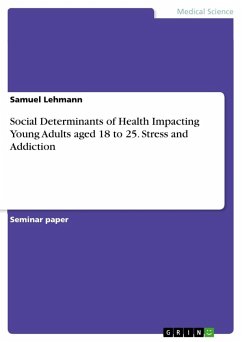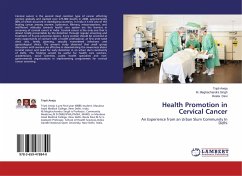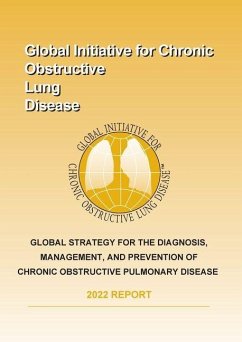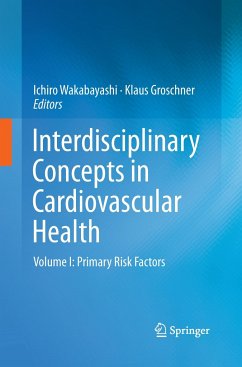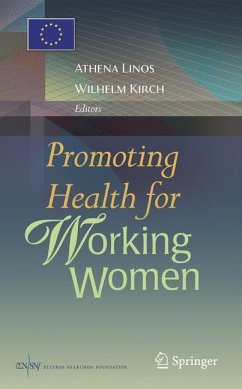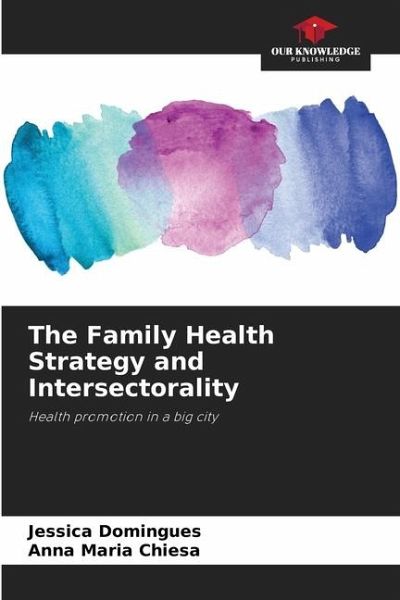
The Family Health Strategy and Intersectorality
Health promotion in a big city
Versandkostenfrei!
Versandfertig in 6-10 Tagen
46,99 €
inkl. MwSt.

PAYBACK Punkte
23 °P sammeln!
Intersectoral actions are emerging at the moment as a way of tackling the population's complex needs in a more integrated way, seeking health effects from interventions in the chain of social determination of the health-disease process. It is based on the principle that it is not possible to promote health with the sector acting in isolation. In this study, the Family Health Strategy is valued for the possibility of inserting workers in the territory and for being the Brazilian strategy for reorienting the care model, which implies changes in the concept of health-disease, in health practice a...
Intersectoral actions are emerging at the moment as a way of tackling the population's complex needs in a more integrated way, seeking health effects from interventions in the chain of social determination of the health-disease process. It is based on the principle that it is not possible to promote health with the sector acting in isolation. In this study, the Family Health Strategy is valued for the possibility of inserting workers in the territory and for being the Brazilian strategy for reorienting the care model, which implies changes in the concept of health-disease, in health practice and paradigm. The aim was to find out the perception of the programme's workers in a region of São Paulo, Brazil, about intersectoral work, through a hermeneutic-dialectic analysis of the discussions held in a workshop on the subject. It was found that, despite their perception of the influence of precarious living and working conditions on the health of the population they serve, the workersdo not identify intersectorality as a strategy, they have sporadic intersectoral relationships permeated by power relations and fragile social participation.





